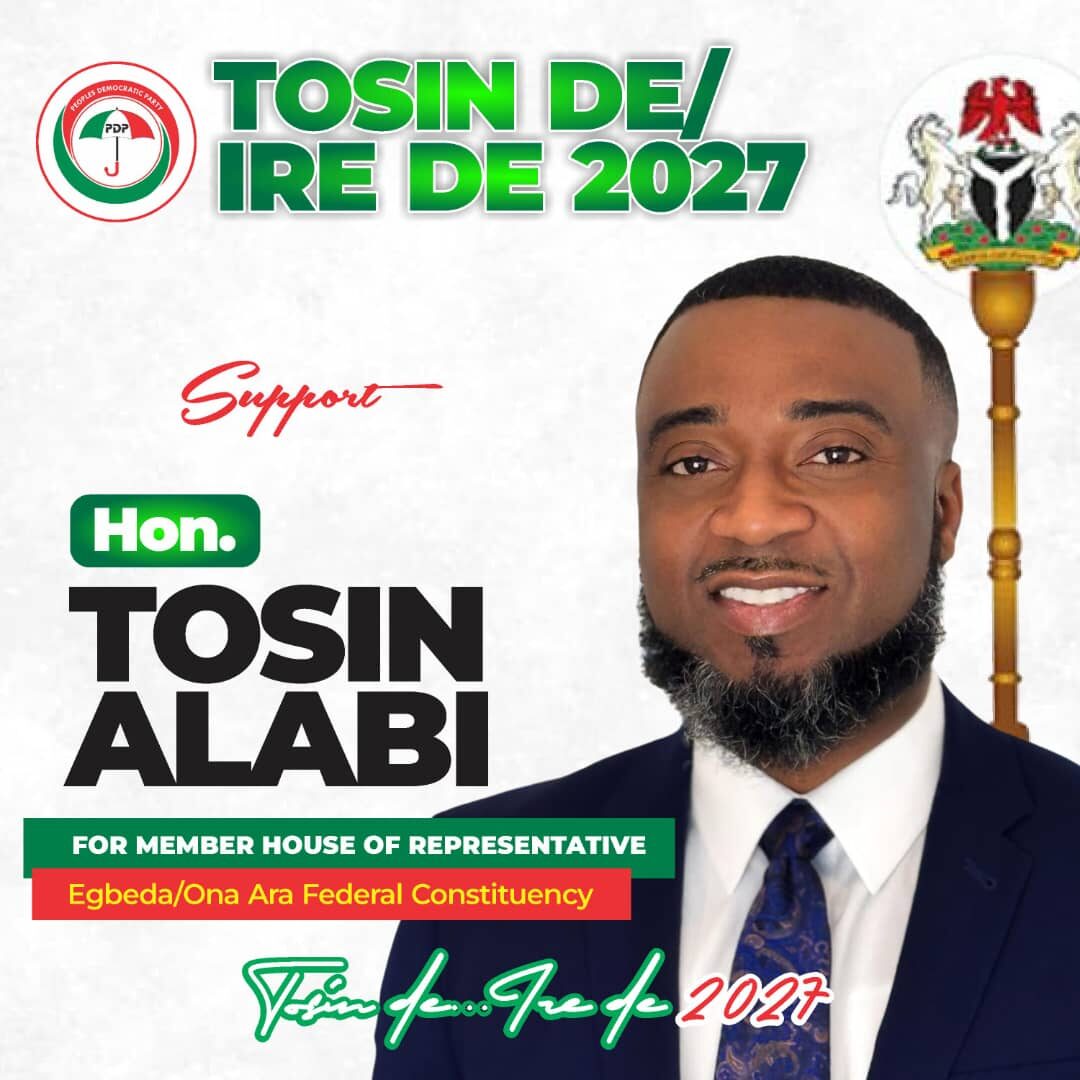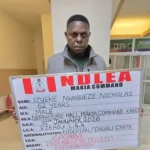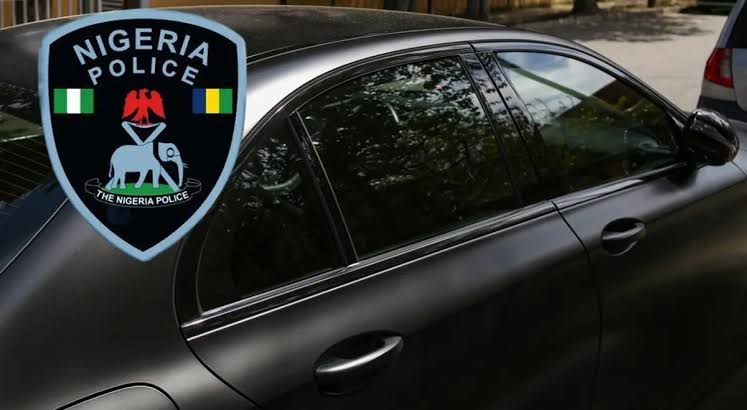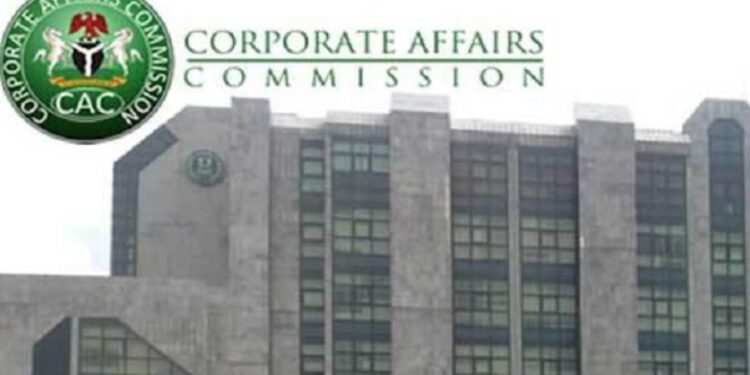The Nigeria Police Force has officially suspended the enforcement of the vehicle tinted glass permit across the country, following a court order halting the exercise.
This development was confirmed by the Federal Capital Territory (FCT) Police Command spokesperson, Superintendent Josephine Adeh, during a live interview on Africa Independent Television (AIT) on Wednesday.
The suspension marks a major turn in the ongoing legal and public debate surrounding the enforcement of tinted glass regulations, which have often been criticized by motorists as being arbitrary and exploitative.
According to SP Adeh, the Force’s decision to halt enforcement aligns with its commitment to respecting judicial authority and upholding the rule of law.
“Information reaching me from the office of the PRO is that the order has been received, and the enforcement of the tinted permit is now on hold pending the court’s verdict,” she stated.
Enforcement on Hold Pending Court Verdict
Adeh clarified that the police would fully comply with the judicial directive until the ongoing legal proceedings are concluded. She emphasized that law enforcement officers have been instructed to suspend all actions related to tinted glass permit verification or arrest until further notice.
“We are waiting for the verdict. We are not against the courts, and we will continue to wait until we get a verdict,” Adeh said, assuring the public that the Force would act strictly in line with legal provisions.
The court order, reportedly served to the Nigeria Police Force Headquarters earlier this week, effectively restrains the Force from continuing with the enforcement of the tinted glass permit policy until the matter before the court is resolved.
Background: Tinted Glass Permits and Controversy
The tinted glass permit system was introduced over a decade ago by the police as a security measure to regulate the use of vehicles with darkened windows. The regulation was aimed at curbing criminal activities—particularly kidnapping, armed robbery, and smuggling—carried out using vehicles that obscure visibility into their interiors.
However, in recent years, motorists and civil rights groups have criticized the enforcement process, alleging harassment, extortion, and arbitrary arrests by some officers under the guise of implementing the policy. Many road users have described the process of obtaining a permit as cumbersome, with complaints about delays, lack of transparency, and inconsistent procedures across states.
The issue gained renewed public attention in 2024 when the police resumed strict enforcement of tinted glass permits after a temporary suspension in 2022. The move drew mixed reactions, prompting fresh legal challenges from rights activists who argued that the enforcement lacked adequate legal backing and violated citizens’ privacy rights.
Police Clarify Purpose of the Policy
During the AIT interview, SP Josephine Adeh reiterated that the policy was never intended as a revenue-generating scheme but was conceived purely for security reasons. She explained that the regulation aims to help law enforcement identify suspects and prevent criminals from using tinted vehicles as cover during illegal operations.
“The law was not made by us. We are enforcers. The policy was purely security-driven,” she said. “Some criminals were using tinted vehicles to commit offences, making it difficult for law enforcement to identify suspects.”
Adeh dismissed claims that the policy had been exploited for financial gain. She stressed that all payments related to tinted glass permits are made directly into the Federal Government’s Treasury Single Account (TSA), not to the police or any individual officers.
“There is no basis for the claim that the police are collecting money from motorists for tinted permits. All payments are made through the TSA platform, which goes directly to the federal government,” she clarified.
Respect for Judicial Process
The FCT Police spokesperson reaffirmed the Force’s respect for the judiciary and emphasized that compliance with the court’s directive is non-negotiable. She noted that the Inspector-General of Police (IGP) had already communicated the suspension to all commands and formations nationwide to ensure uniform enforcement of the order.
“The Nigeria Police Force operates within the law. Once the court gives an order, we obey. That is the essence of democracy and justice,” Adeh stated.
Her comments come amid growing calls from citizens and advocacy groups urging the police to reform enforcement procedures and adopt technology-driven solutions to improve accountability in traffic and vehicle documentation systems.
Motorists React to Suspension
The news of the suspension has been met with widespread relief from motorists and transport unions, many of whom have expressed frustration over the manner in which the policy was implemented.
In Abuja, commercial drivers and private car owners described the suspension as a “welcome development.” A taxi driver at Wuse Zone 6, identified as Mr. Yakubu Ali, said the enforcement had become a source of daily harassment. “Every day, police stop you and ask for tinted permit even if your glass is just slightly shaded. It was becoming too much. This suspension is a big relief,” he said.
Similarly, a motorist in Lagos, Mrs. Funmi Adedayo, praised the court’s intervention. “The process of obtaining a tinted glass permit is not even clear. Many people applied months ago and never got approval. The suspension will help stop unnecessary intimidation,” she said.
However, some security experts have cautioned that the policy should not be completely discarded, emphasizing that while enforcement needs reform, the regulation itself serves an important security function.
Legal Challenge and Broader Implications
Although details of the ongoing court case remain limited, legal analysts say the suit raises fundamental questions about the constitutionality and implementation of vehicle regulations in Nigeria. The case is believed to center on whether the police possess the legal authority to issue and enforce tinted glass permits under existing traffic and criminal laws.
A senior legal practitioner, Barrister Emmanuel Nwosu, told reporters that the outcome of the case could set an important precedent. “This is not just about tinted glass; it’s about how far executive agencies can go in interpreting or extending the law. The court will have to balance public safety with civil liberties,” he said.
The court’s verdict, when delivered, is expected to shape future enforcement frameworks and possibly trigger amendments to existing laws governing vehicular modifications and road use.
Police Pledge Transparency Going Forward
In the meantime, the Nigeria Police Force has pledged to continue engaging with stakeholders, including the Federal Road Safety Corps (FRSC), the Ministry of Justice, and civil society organizations, to review and improve the policy framework.
According to SP Adeh, future reforms will likely focus on leveraging technology for verification and documentation to reduce physical contact between motorists and officers. “We are moving towards digital policing, and such documentation processes should ideally be handled electronically to minimize human interference,” she noted.
The spokesperson also reassured the public that the Force remains committed to ensuring national security while protecting citizens’ rights. “Our duty is to enforce the law, but we must also ensure that enforcement is fair, transparent, and within the bounds of the law,” she said.
Outlook: Awaiting Judicial Clarity
As Nigerians await the court’s final verdict on the legality of the tinted glass permit enforcement, the suspension represents a temporary victory for motorists and a test case for the rule of law in the country. The outcome of the legal process will likely determine whether the policy will be modified, replaced, or permanently scrapped.
For now, enforcement remains suspended nationwide, and motorists are advised not to panic or make unnecessary payments for permits until further official communication from the police or relevant authorities.
The development also highlights the broader challenge of policy coordination within Nigeria’s security and transport systems — a reminder that effective governance requires not only law enforcement but also legal clarity, public trust, and institutional accountability.
As SP Adeh emphasized during her interview, “We are not above the law. The court has spoken, and we will obey — because that is what the Nigeria Police Force stands for.”
WARNING: If You Are Not 18+, Don’t Click The Link Below 👇🫣
https://pickignoranceattacks.com/m3e85u39j?key=f0014e9d9438d5115e4d66e73ca3f04b
Please don’t forget to “Allow the notification” so you will be the first to get our gist when we publish it.
Drop your comment in the section below, and don’t forget to share the post.
Never Miss A Single News Or Gist, Kindly Join Us On WhatsApp Channel:
https://whatsapp.com/channel/0029Vad8g81Eawdsio6INn3B
Telegram Channel:
https://t.me/gistsmateNG












What is the fate of those whose vehicles were impounded during the period of the tinted permit saga?